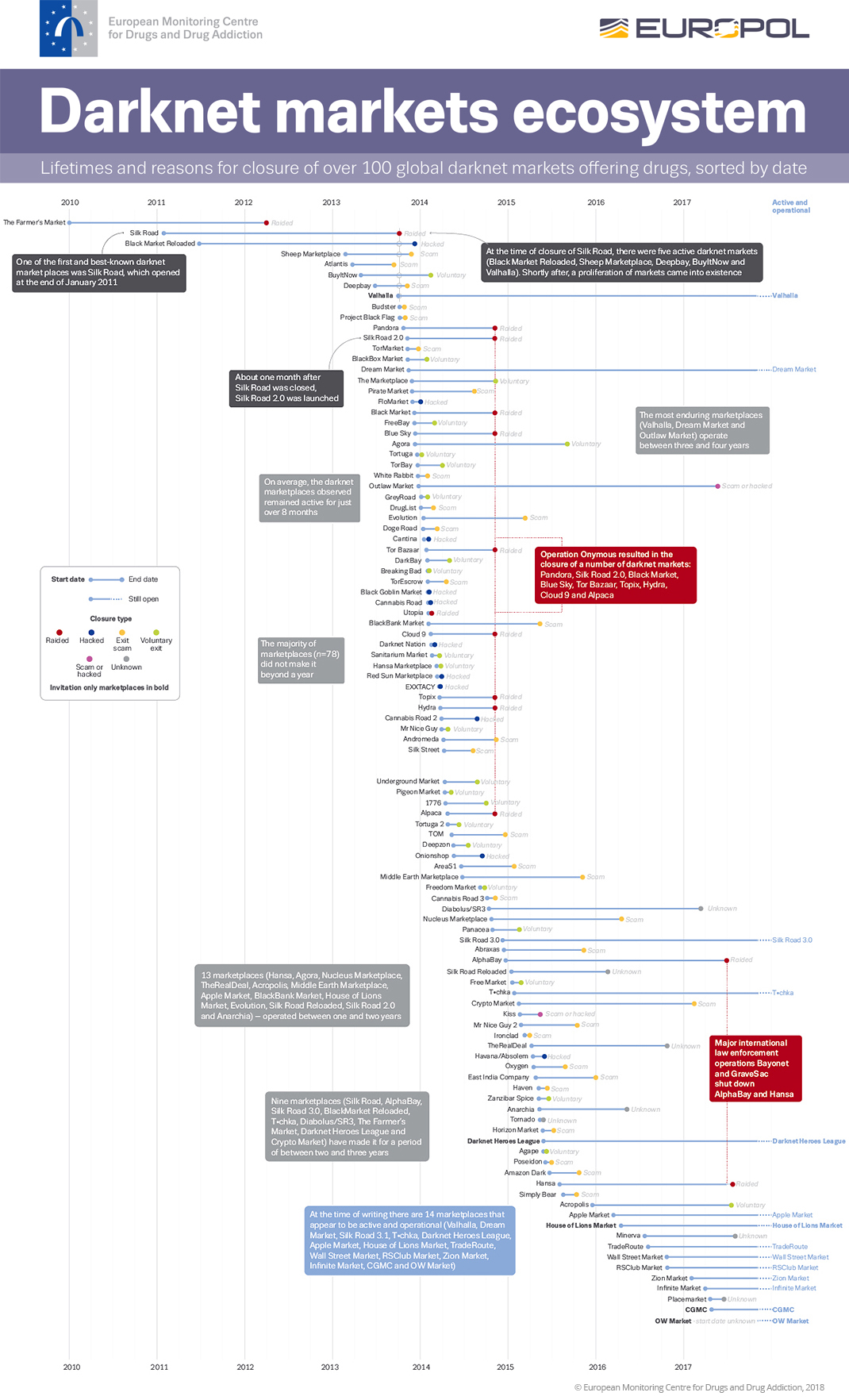The deep web has become a topic of interest, representing a concealed layer of the internet where secrecy rules over all. This clandestine realm operates beyond the reach of conventional search engines, making it a breeding ground for a wide range of activities, both legitimate and illicit. Among the most notable aspects of the darkweb are its websites, where users can purchase and sell a staggering array of goods and products, from digital currencies to illegal items. These sites have emerged as a significant part of digital communication, often raising questions about morality, lawfulness, and safety.
As interest in digital currencies grows, so does the framework that supports darkweb transactions. The ability to remain invisible while engaging in online commerce attracts a diverse group of users who seek to access products that range from prohibited substances to hacking tools. Understanding what these darkweb markets offer and how they operate can provide deeper insight into the constantly changing landscape of the internet, as well as the motivations driving those who navigate its more shadowy corners.
Comprehending the Darkweb: A Cloaked Marketplace
The shadow web refers to a segment of the internet that is not cataloged by mainstream search engines, making it difficult for the average user to navigate to. It necessitates specialized software, such as anonymizing browsers, to navigate its hidden networks. This obscurity draws a range of users, from privacy advocates to individuals seeking to engage in illegal activities. The shadow web serves as a platform where both legal and prohibited goods can be traded, but it is predominantly known for its connection to various black market markets.

Within these hidden markets, you can discover a diverse range of products and services that are often difficult to come by in the legal marketplace. From narcotics and weapons to forged documents and illegally acquired data, the inventory are extensive and multifaceted. Sellers take leverage the cryptographic nature of transactions, typically using virtual currencies like Ethereum to facilitate purchases without disclosing their personal information. This setup not only drives the growth of these markets but also raises concerns about the implications for police and public safety.
While the dark web is often tied to malevolent activities, it also acts as a space for discussions about digital rights and freedom of speech. Activists and informants use these platforms to share information and communicate securely, pointing out the twofold nature of the darkweb. Despite the hazards involved, the attraction of secrecy continues to lure users looking for both illicit and lawful exchanges, establishing the shadow web as a complicated and variegated market.
Cryptocurrency as the Medium of Choice
Digital currencies have become the preferred method of exchange in underground markets due to their decentralized nature and relative anonymity. Unlike traditional financial systems, digital currencies allow users to move funds without revealing their personal information or locations, making them ideal for illicit transactions. Bitcoin was the pioneer, showcasing how digital currencies could bypass government oversight and satisfy the needs of those engaging in clandestine activities.
The adoption of digital currency in underground markets also provides a layer of protection that conventional payment methods cannot provide. Transactions are encrypted and recorded on a blockchain, making it challenging for authorities to track them back to users. This has led to an environment where both consumers and sellers feel more confident engaging in transactions, knowing that their financial information will remain private. As more alternative cryptocurrencies emerge, such as Monero and ZEC, which focus on privacy and safety, the reliance on digital currency continues to grow.
Moreover, the integration of cryptocurrency has changed the operational aspects of underground markets. Vendors can quickly adjust their prices to fluctuating cryptocurrency values, allowing for flexible pricing without the delay associated with traditional currencies. This adaptability has drawn in a wider range of vendors and customers, expanding the variety of products and offerings available on these platforms. As cryptocurrencies evolve, they will likely play an even more significant role in shaping the future of darkweb commerce.
Types of Goods and Services Offered
Dark web platforms offer a wide array of illegal goods and services that cater to various demands. One of the key types includes unlawful narcotics, spanning from cannabis to hazardous materials such as heroin and methamphetamine. These marketplaces provide consumers with a level of privacy, allowing buyers to buy narcotics without the risk of detection by law enforcement. Sellers often offer comprehensive descriptions and customer feedback of their products, creating a somewhat competitive market which can lead to higher quality products. dark market link
Another significant area involves cybersecurity services and digital tools. This category features a vast range of offerings such as malware, illegally obtained information, and cyber attack lessons. Cybercriminals can acquire the tools to launch hacks or purchase private information to use for monetary gain. Moreover, there are services for hacking into online social networking accounts, credit card information, and even identity theft, making this a profitable field for those with malicious intent.
Lastly, some darkweb markets also sell fake goods and false documents. Shoppers can find items like fake passports, licenses, and different types of identification. Alongside fake high-end products such as designer handbags and watches, these markets attract individuals seeking to obtain high-value goods free from spending the complete cost. This diversity of products reflects the broad appeal of dark web markets to buyers seeking goods and offerings outside legal boundaries.
